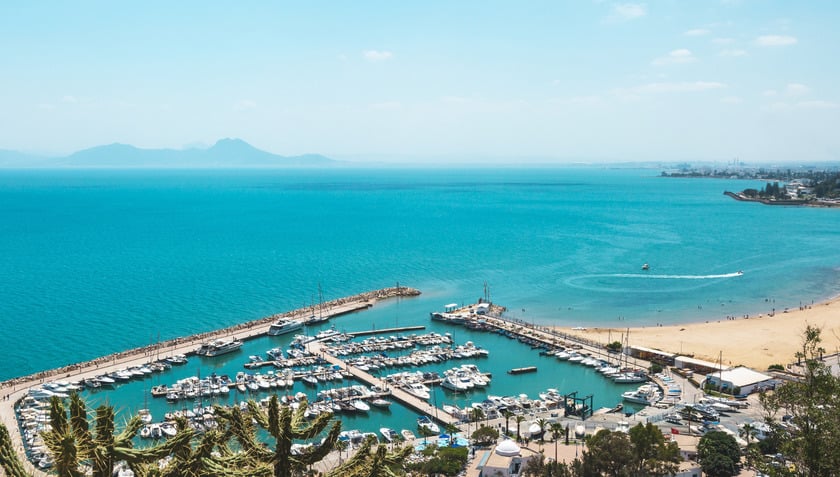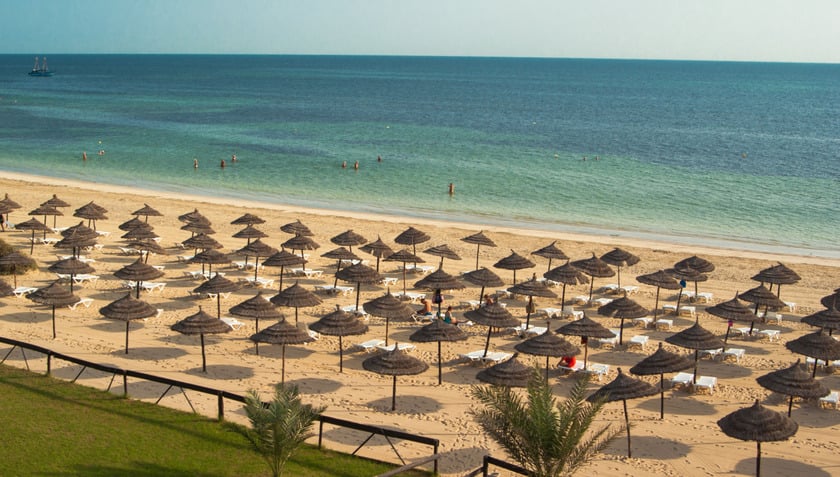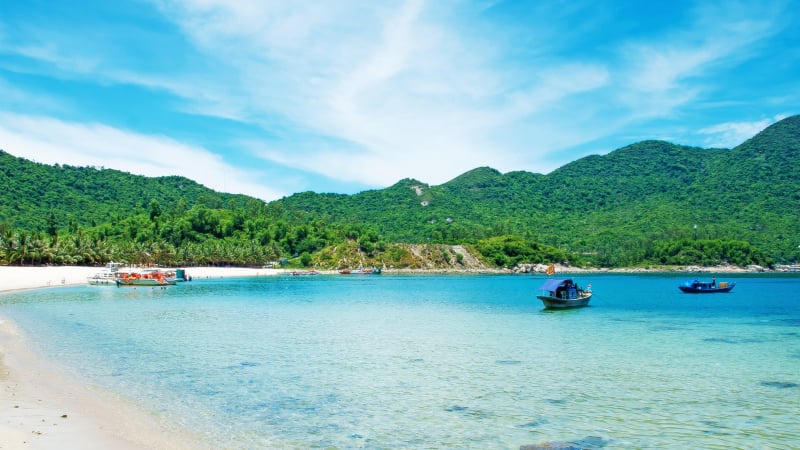The UK Foreign, Commonwealth and Development Office (FCDO) has just published a serious update on the security situation in Tunisia, a once very popular North African tourist destination. Accordingly, the FCDO officially advises British citizens to avoid all non-essential travel to certain areas of the country, particularly the western and southern provinces, due to growing concerns about the risk of terrorism and cross-border violence.
The latest update from the FCDO states that potentially dangerous "hot spots" include the Chaambi mountain range and areas of military activity such as Mount Salloum, Sammamma, Mghila, and El Feidja National Park. Additionally, the 20km zone from the Tunisia-Algeria border in the provinces of El Kef and Jendouba is also on the red alert list. To the south, towns such as Ben Guerdane and the surrounding areas of El Borma and Dhehiba are also identified as high-risk areas for extremist groups, with several worrying incidents of unrest occurring recently.

Updated guidance from the Ministry of Foreign Affairs warns against travel unless absolutely necessary to certain areas of Tunisia, particularly within 20km of the Tunisia-Algeria border.
An FCDO spokesperson stressed: "We now advise against all non-essential travel to areas near the Tunisia-Algeria border, especially south of the town of Jendouba." Notably, the warning for the Chemtou archaeological site has been lifted in this update, indicating an adjustment based on a specific situation assessment.
The FCDO's warning comes after a series of alarming terrorist attacks in Tunisia in 2023. These include the stabbing death of a National Guard officer in the capital Tunis and the horrific shooting at a Jewish pilgrimage site on the island of Djerba that killed five people. These events exposed security vulnerabilities and raised deep concerns about the safety of international travelers.

Tunisia has long been a popular destination for British tourists, renowned for its golden beaches, turquoise Mediterranean coastline, bustling old towns, and affordable luxury.
FCDO reiterated its warning of a high global terrorist threat against UK citizens and interests. "People should remain vigilant and closely monitor local news," FCDO advised, emphasizing the need for proactive information gathering and heightened vigilance.
Tunisia was once a popular tourist destination for the British, renowned for its stunning Mediterranean beaches, rich culture, and affordable travel costs. However, the country's tourism industry has yet to fully recover from the devastating terrorist attacks of 2015, which claimed the lives of dozens of foreign tourists.

The UK Foreign Office is urging citizens to check official travel information on the FCDO website before departure.
FCDO also reassured that more popular and safer tourist destinations such as Hammamet, Sousse and the capital Tunis are currently not under alert. Nevertheless, travelers are still advised to remain vigilant, stay updated on local news, and strictly adhere to all guidance from local authorities. The UK Foreign Office also urged citizens to check official travel information on the FCDO website before embarking on any trip.

Information from FCDO and travel experts indicates that, in the context of increased risks in some countries, thorough destination research and flexible itinerary choices are becoming a new trend among many British travelers.
Amidst warnings of increased risks in some countries, the trend of budget-friendly and flexible travel is gaining more and more attention. A prime example is Rob Adcock, a BBC television presenter and travel blogger, who had an incredible trip to Morocco for just £186 (over 6.5 million VND). The trip included cheap Ryanair flights to the seaside city of Agadir. Speaking to MailOnline, Rob said he regularly hunts for cheap flights on Skyscanner and found a "super bargain" package for just £270 for two people, including three spa treatments and breakfast at a luxury hotel.
Information from FCDO and travel experts indicates that British tourists are becoming increasingly aware of the need for thorough research into destinations and flexibility in itinerary choices, especially in the face of potential geopolitical and security risks.

 VI
VI EN
EN


































